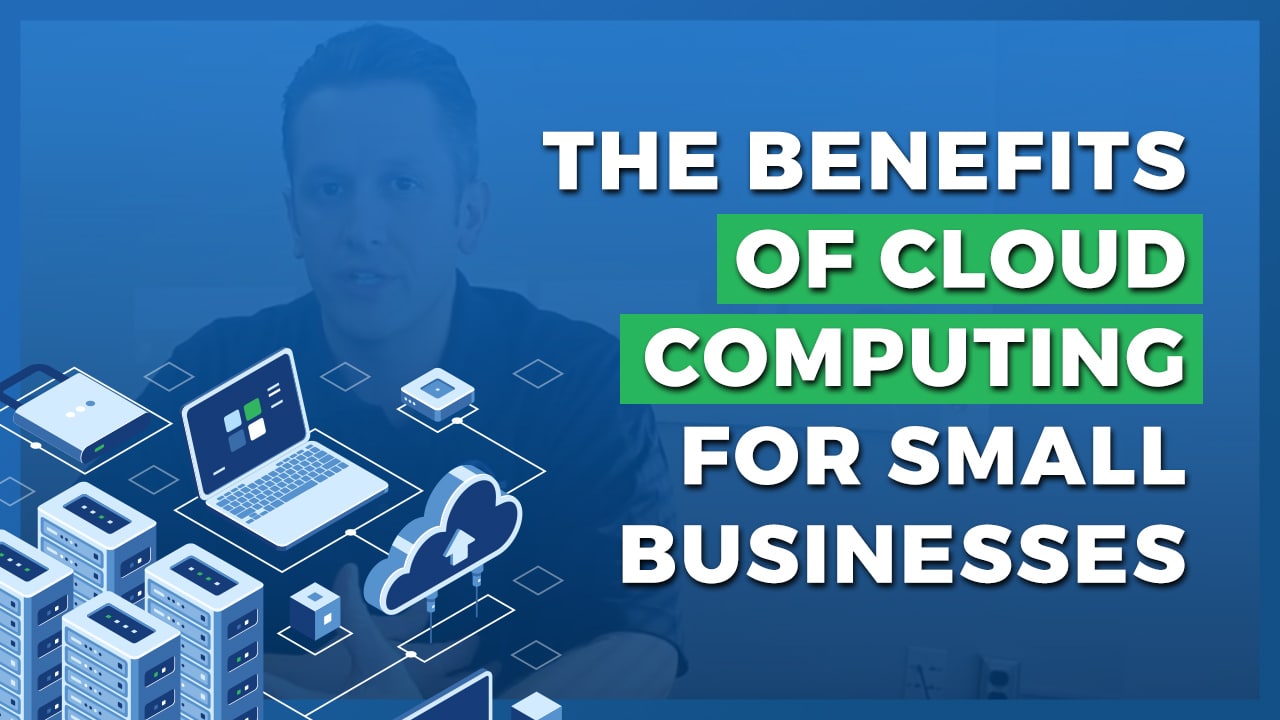

Be sure to factor the cost of these services into your overall backup pricing expectations. That's great from a flexibility standpoint. However, while you can create servers in these clouds and use them as backup targets, most have dedicated storage services that look like network drives to users and software. In that case, you'll find that most such storage providers also sell infrastructure as a service (IaaS), like Amazon Web Services (AWS). Suppose your backup provider lets you choose a third-party storage target. Not only can they then manage the whole resource down to the byte level, but they can also use multi-tenant architectures to make sure accounts are entirely separate, so one customer's data doesn't "bump into" another's. Using a virtual, software-defined architecture lets providers create a large storage pool and then parcel that out among their customers. That essentially means storage that's managed as a virtual resource. What Exactly Is Cloud Backup?Ĭloud backup services provide customers with access to shared, software-defined storage infrastructure. That means your initial cloud backup investment will likely rise when you consider additional security measures, such as third-party malware scanners, ransomware protection, and virtual private networks (VPNs).

Fewer than one-third of companies (31%) are as comfortable storing data in the cloud as they are storing it on-premises, which is naturally a problem for remote work solutions. However, the Spiceworks survey showed that many managers still have trouble trusting their data to the cloud, as security was still a major concern. Protecting data in that scenario requires effective and reliable cloud backup services. Much of that is probably due to new working norms mandating remote offices, distributed teams, and hybrid work options for many employees.

(Editors' Note: PCMag's parent company owns Spiceworks Ziff Davis.)


 0 kommentar(er)
0 kommentar(er)
